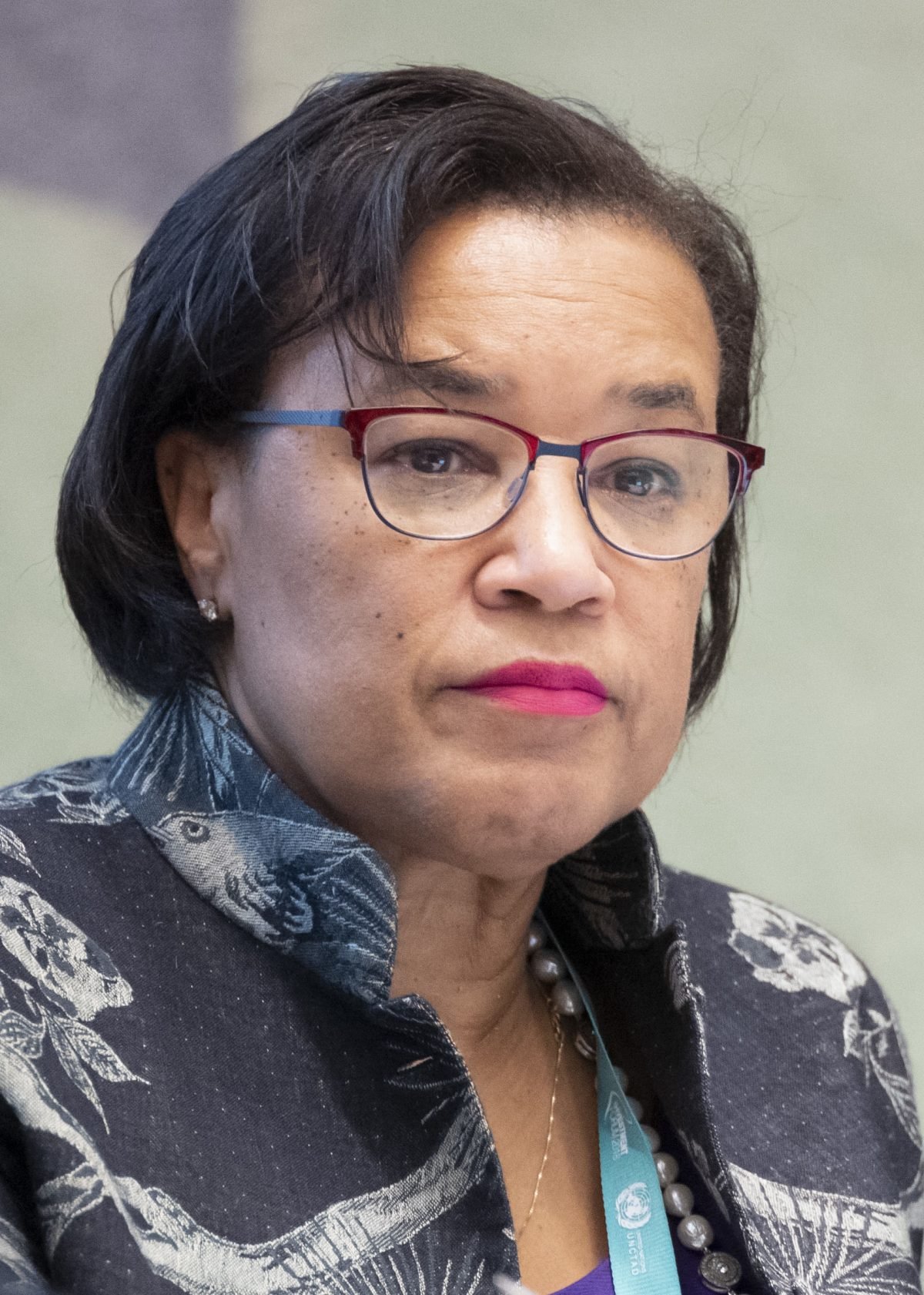Commonwealth Secretary-General, Patricia Scotland, KC has expressed “deep concern” at the September 21st decision of the Venezuelan National Assembly to undertake a December 3rd referendum on the status of Essequibo, part of the sovereign territory of Guyana.
Speaking on the escalation the Secretary-General said in a statement:
“The Commonwealth stands with the Government and people of Guyana and with our partners in CARICOM in expressing our concern over the questions in the planned referendum.
“And the Commonwealth continues to stand for the rule of law and, reaffirms its firm and steadfast support for the maintenance and preservation of the sovereign and territorial integrity of Guyana, and the unobstructed exercise of its rights to develop the entirety of its territory for the benefit of its people”.
The statement said that the five questions approved by the National Electoral Council to be included in the referendum undermine Guyana’s territorial integrity and sovereignty and their intent is contrary to international law. The statement noted that Question 5 proposes the creation of Venezuelan state of Guyana Essequibo and an accelerated plan for giving Venezuelan citizenship and identity cards to the Guyanese population.
“International law prohibits the seizure and annexation by one country of the territory of another. The language in these questions contributes to heightened tension and is a threat to peace and stability in a member state of our Commonwealth Family and indeed in the wider Caribbean region”, the statement said.
At the last meeting of the Commonwealth Ministerial Group on Guyana, held on 17 September 2023, Scotland noted that the Group, “Reaffirmed its unwavering support for the judicial process underway before the International Court of Justice, chosen by the Secretary General of the United Nations under the 1966 Geneva Agreement and the Group continues to encourage Venezuela to participate in the said process.”
The Commonwealth statement pointed out that the International Court of Justice (ICJ) determined in April of this year that it had legal jurisdiction over this longstanding issue and the Commonwealth supports the use of the ICJ to adjudicate on the matter. The referendum, to be held one month before Presidential elections in Venezuela goes against the spirit of peaceful dispute resolution, it added.
Guyana approached the ICJ on Monday for urgent provisional measures to counter Venezuela’s planned referendum.
A release from the World Court on Tuesday said that Guyana requested the Court to indicate the following provisional measures:
“1. Venezuela shall not proceed with the Consultative Referendum planned for 3 December 2023 in its present form;
2. In particular, Venezuela shall not include the First, Third or Fifth questions in the Consultative Referendum;
3. Nor shall Venezuela include within the ‘Consultative Referendum’ planned, or any other public referendum, any question encroaching upon the legal issues to be determined by the Court in its Judgment on the Merits, including (but not limited to):
a. the legal validity and binding effect of the 1899 Award;
b. sovereignty over the territory between the Essequibo River, and the boundary established by the 1899 Award and the 1905 Agreement; and
c. the purported creation of the State of ‘Guayana Esequiba’ and any associated measures, including the granting of Venezuelan citizenship and national identity cards.
4. Venezuela shall not take any actions that are intended to prepare or allow the exercise of sovereignty or de facto control over any territory that was awarded to British Guiana in the 1899 Arbitral Award.
5. Venezuela shall refrain from any action which might aggravate or extend the dispute before the Court or make it more difficult to resolve.”





